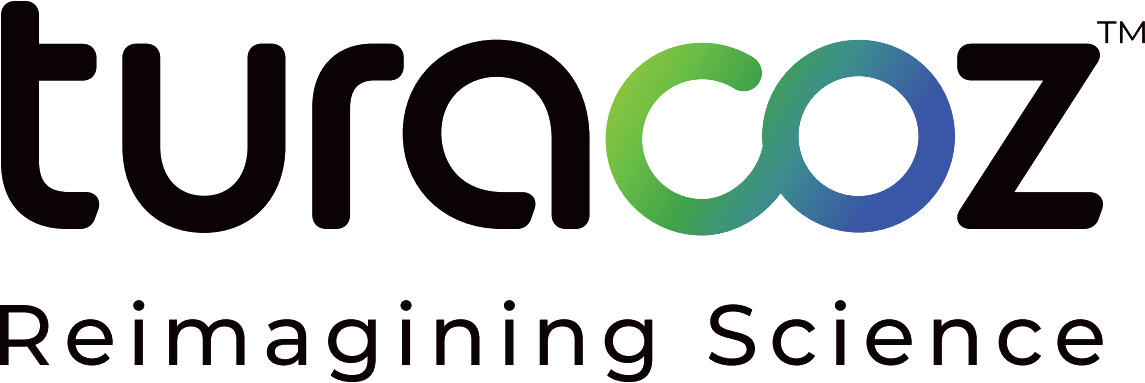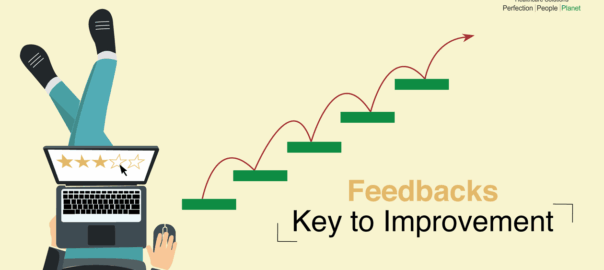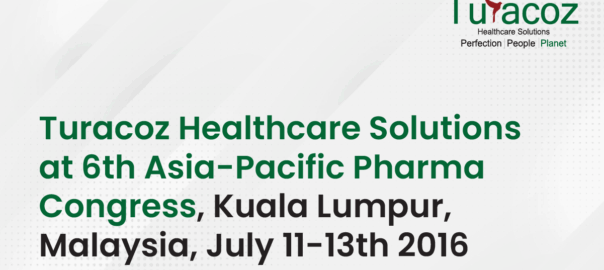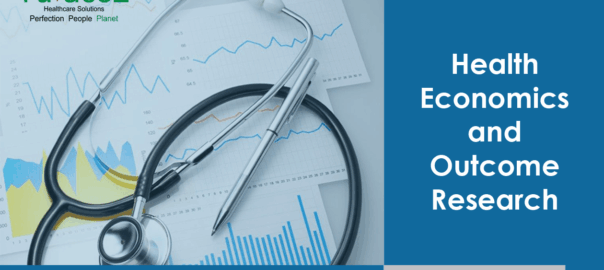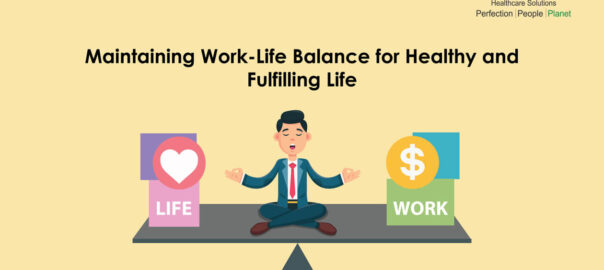“Feedback is the key to improvement.”
I wish giving feedback was as easy as it is to write down these words. But, why? Why is it that feedbacks are so feared?
During my career, what I could figure out is that giving feedback is an ‘art’. A highly complicated art that involves an exchange of views, based on facts and figures, between the employee and the manager, smartly. Learning this art can help you become a better leader, become more self-aware, understand how others see you, look beyond your own biases.
One of the best ways to improve yourself in any area of life-is to ask for feedback. I strongly believe that “You don’t get better at anything unless you get feedback.”
However, we can always make feedback sharing creative. Following tips can be helpful to receive and give feedback more effectively:
Receiving Feedback
- Listen to the feedback given
- Be aware of your non-verbal responses
- Be open and receptive to new ideas and different opinions
- Make sure you understand what is being said to you, especially before responding to the feedback
- Assess the value of the feedback and the consequences of using it or ignoring it, and then decide what you want to do. Your response is your choice
- Follow up on feedback
Giving Feedback
- Prioritize your ideas and understand their value.
- Concentrate on the behavior, not the person.
- Balance the content. by providing comments on specific strengths, to give reinforcement and identify things the recipient should keep doing, identify specific areas for improvement and ways to make changes. Conclude with a positive comment.
- Be realistic. Feedback should focus on what can be changed.
- Own the feedback. When offering evaluative comments, use the pronoun “I” rather than “they” or “one”, which would imply that your opinion is universally agreed on
- Be timely. Being prompt is key because feedback loses its impact if it is delayed too long.
- Offer continuing support. Feedback should be a continuous process, not a one-time event.
These tips will work best for more structured feedback sessions but are worth bearing in mind for less planned conversations too.
Constructive and relevant feedback can help an individual learn the existing knowledge gaps.
At Turacoz we believe that effective feedback, both positive and negative, is very helpful and give benefits to the giver, the receiver, and the wider organization. Feedbacks are given and also taken. It helps in clarifying expectations, enable people learn from their mistakes and builds confidence We firmly believe that feedback is an essential part of training and personal development.
To know more about Turacoz Healthcare Solutions click here
